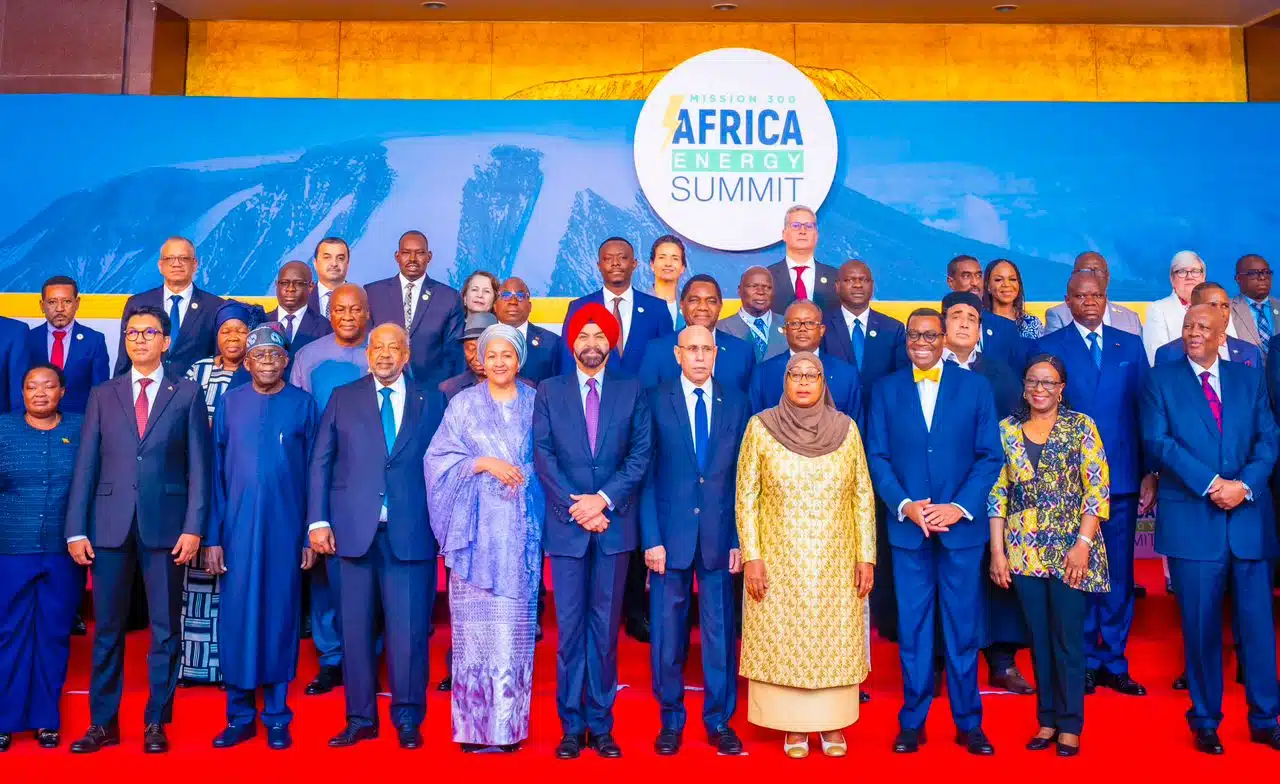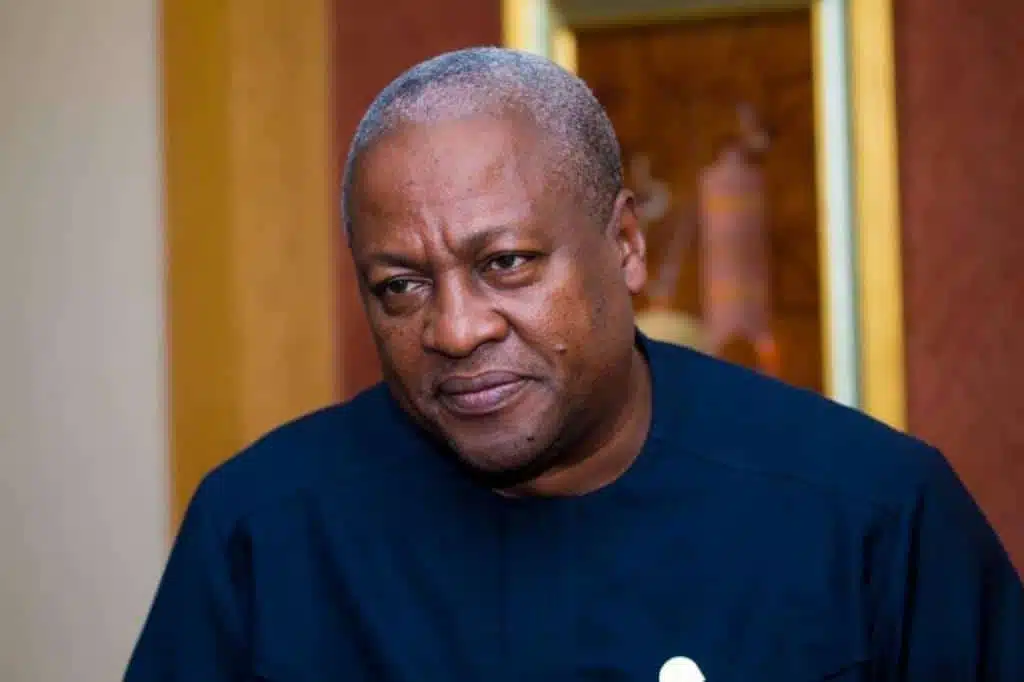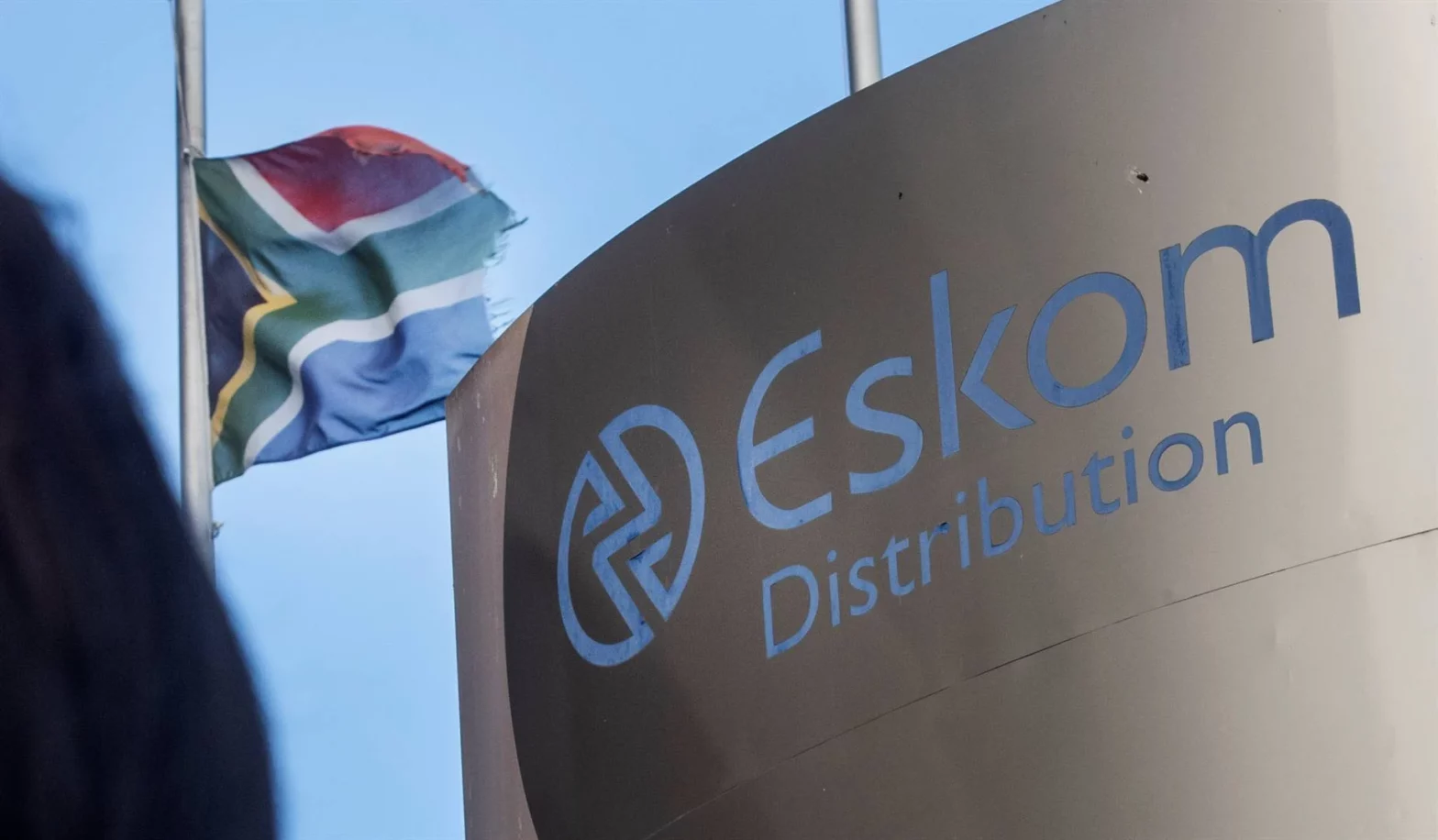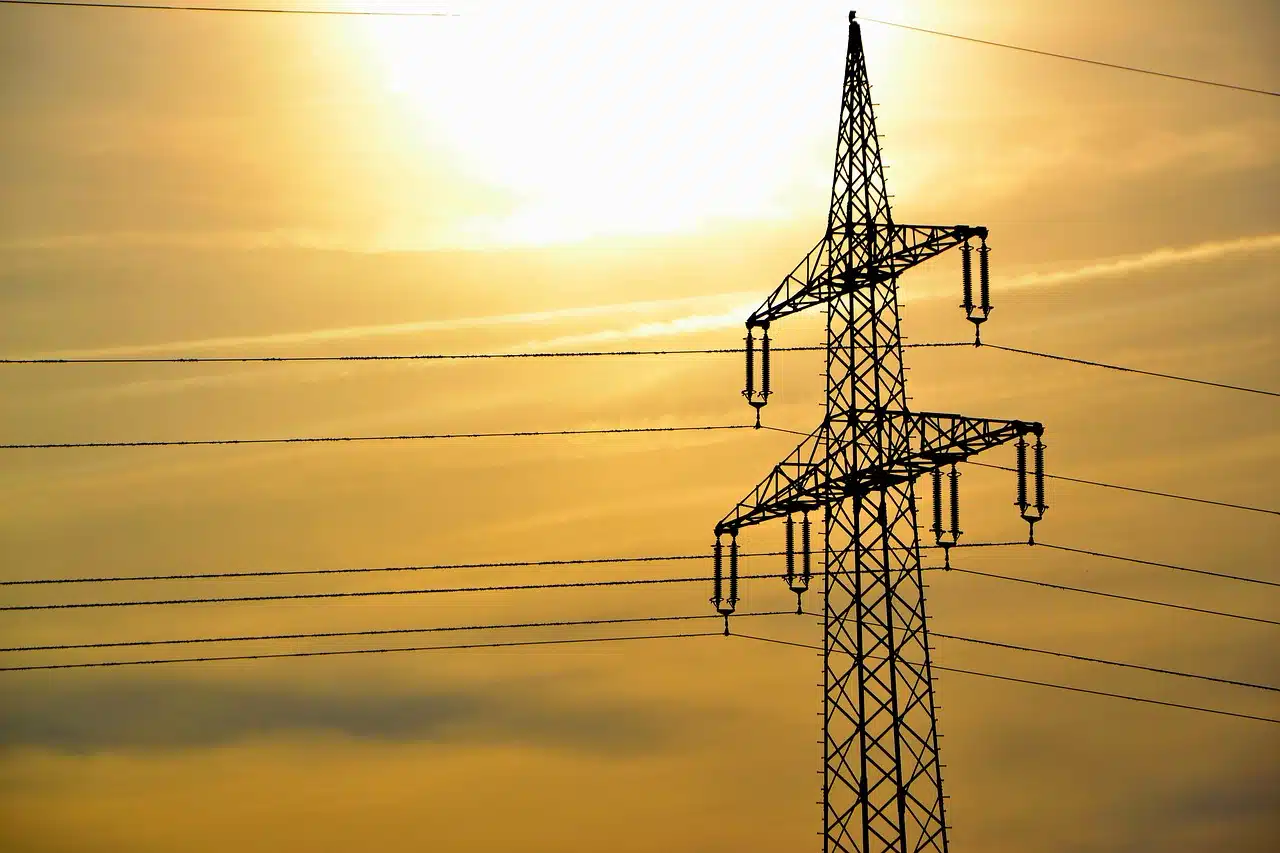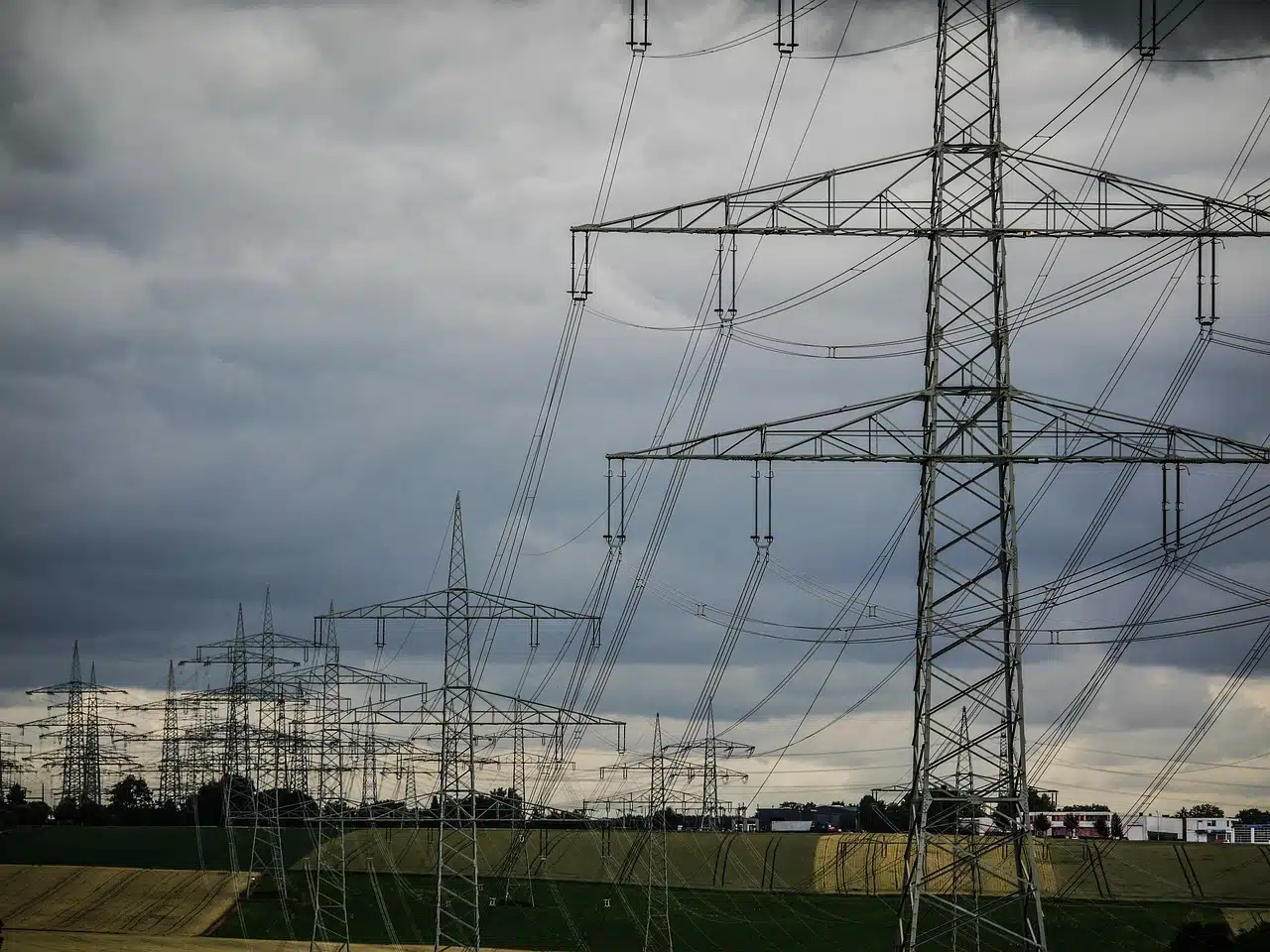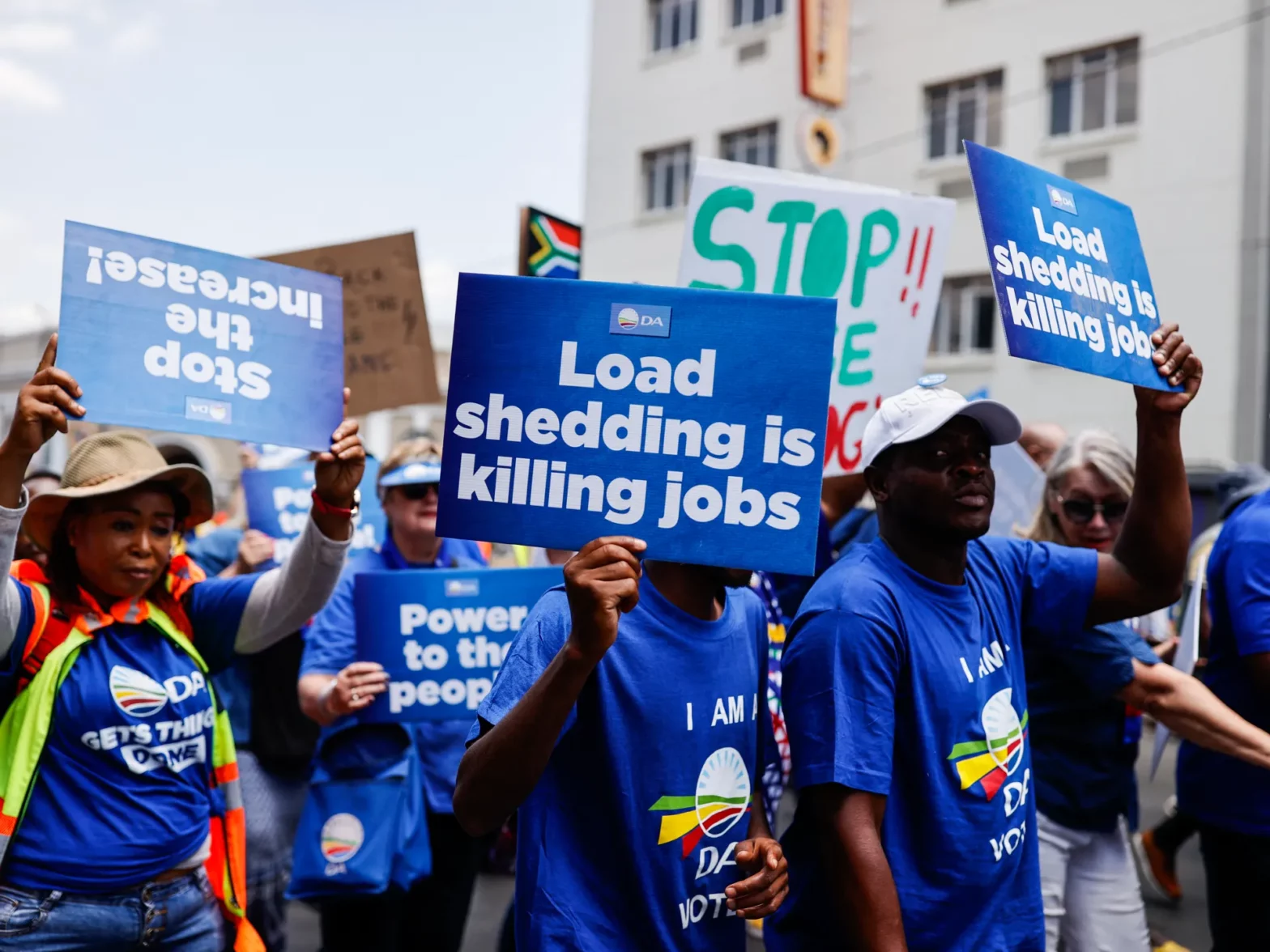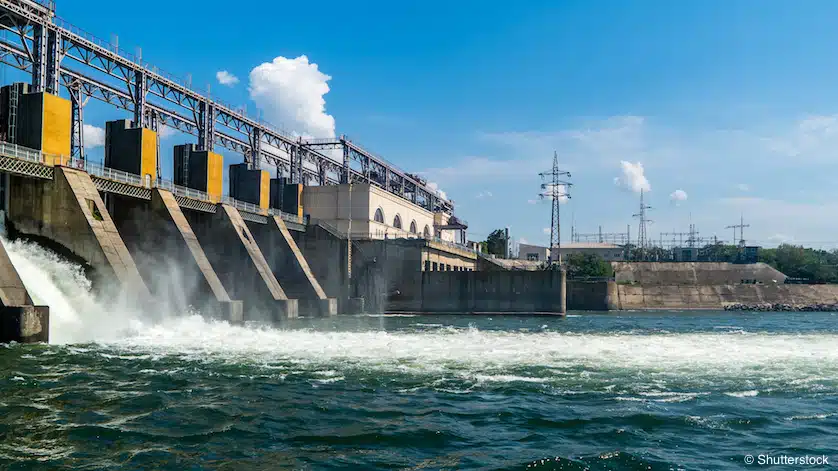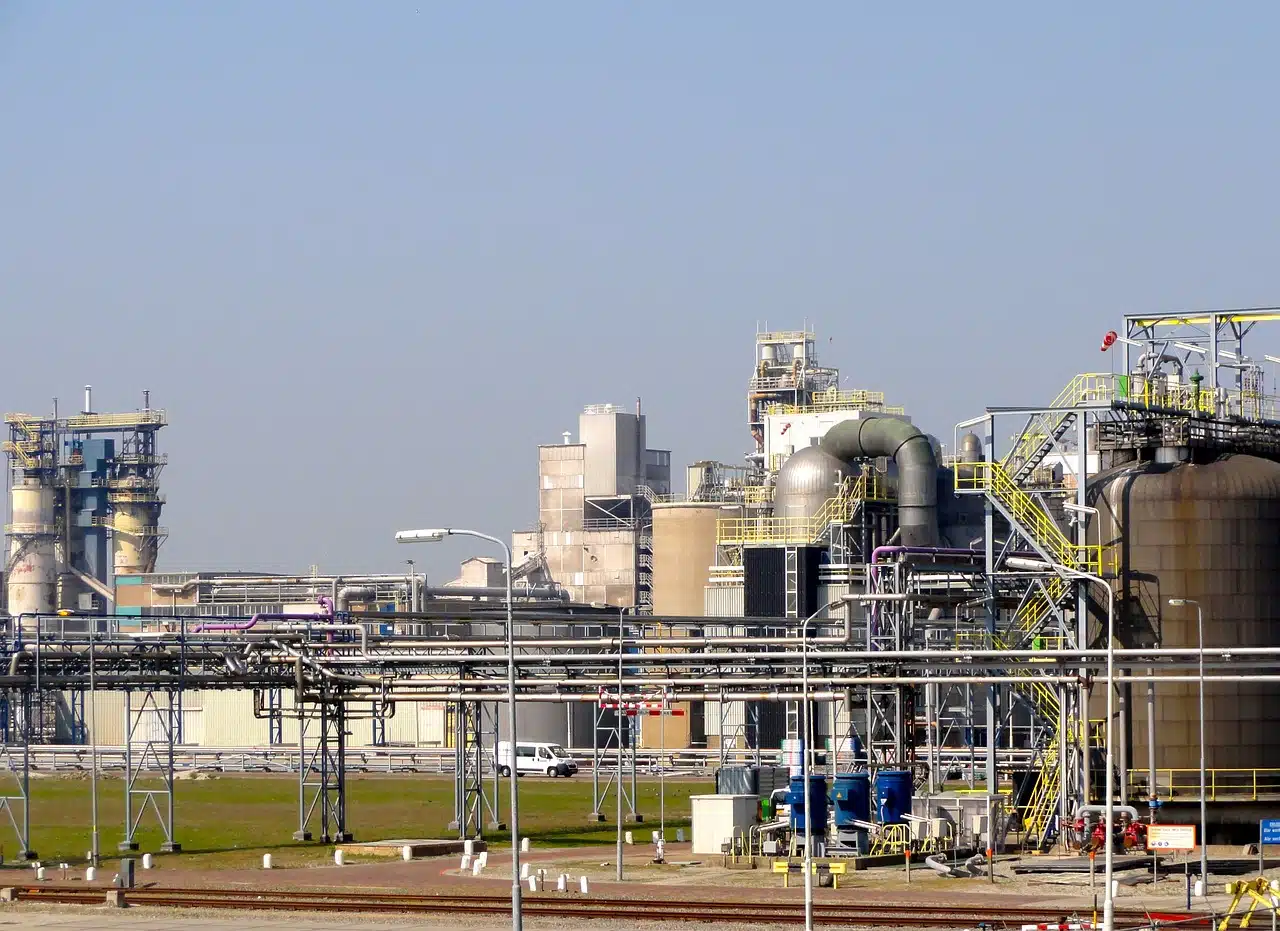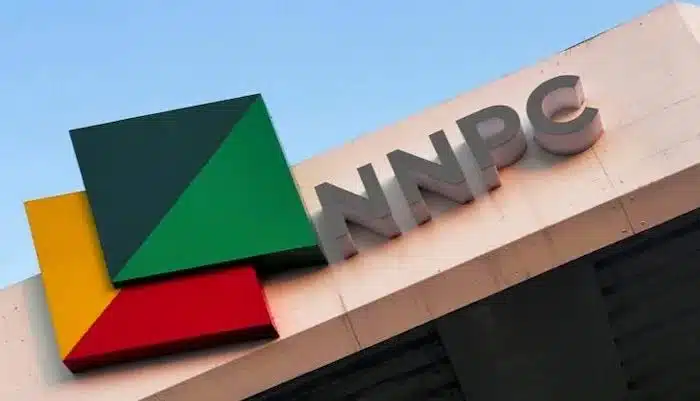The Mission 300 Africa Energy Summit, held on January 27-28, 2025, in Dar es Salaam, Tanzania, concluded with significant pledges and strategic plans aimed at providing electricity access to 300 million Africans by 2030.
The summit, co-hosted by the Government of the United Republic of Tanzania, the African Union, the African Development Bank Group (AfDB), and the World Bank Group, brought together African heads of state, international financial institutions, private sector leaders, and civil society organizations to address the continent’s pressing energy deficit.
Substantial Financial Commitments
A highlight of the summit was the unveiling of the passing of the Dar es Salaam Energy Declaration aimed at securing funds for Africa’s electrification initiatives. This declaration has already attracted substantial financial commitments from major development banks like the World Bank and the AfDB and underscores a collective resolve by African leaders to accelerate energy access.
Both banks have pledged $48 billion to finance the project.
This was followed by a pledge of $2.65 billion by the Islamic Development Bank (IsDB), along with an additional $2 billion allocated for insuring power projects across Africa.
In the same vein, the Asia Infrastructure Investment Bank (AIIB) committed between $1 billion and $1.5 billion in financing to support the initiative, bringing the total pledged funds to approximately $54 billion.
On the opening day of the event, the President of the World Bank had announced plans to invest between $30 billion and $40 billion in electricity projects across Africa, as part of its commitment to tackling energy poverty on the continent.
Mission 300 initiative is projected to require $90 billion, sourced from multilateral development banks, development agencies, private enterprises, and philanthropic organizations.
Strategic Objectives of Mission 300
Launched in April 2024 by the AfDB and the World Bank, Mission 300 aims to connect 300 million Africans to electricity within the next six years.
Currently, an estimated 571 million people in Africa lack access to electricity, accounting for about 83% of the global electricity access deficit.
The initiative focuses on a comprehensive approach that includes infrastructure investments and policy reforms across the entire electricity supply chain.
By enhancing energy access, Mission 300 seeks to drive economic growth, create jobs, and improve living standards across the continent.
National energy compacts and policy reforms
One of the biggest outcomes of the summit was the unveiling of National Energy Compacts by several African countries.
The 12 African countries including Madagascar, Malawi, Mauritania, Mozambique, Niger, Nigeria, Senegal, Tanzania, and Zambia, outline specific key policy measures tailored to each nation’s unique context and set ambitious targets to expand energy infrastructure and boost power generation.
The compacts are designed to secure political buy-in at the highest levels, attract private sector financing, and expedite critical policy measures essential for achieving the goals of Mission 300.
On the sidelines of the Summit, countries like Nigeria, Zambia, and Malawi signed power investment deals worth billions of dollars with financial institutions to fund their energy compacts. The government of Malawi and the World Bank signed the Accelerating Sustainable and Clean Energy Access Transformation (ASCENT) deal, aimed at providing energy access to over 4 million people.
The government, through the Compact, has adjusted the universal 2030 access target to a more achievable 70% by 2030, in line with “Malawi Vision 2063.”
Focus on clean cooking energy
Beyond electrification, Mission 300 places a strong emphasis on providing clean cooking energy to households. This initiative aims to reduce reliance on wood and charcoal, which are not only environmentally harmful but also pose health risks to millions of Africans.
By promoting clean cooking solutions, the mission seeks to improve health outcomes and contribute to environmental sustainability.
The presentation of the Clean Cooking Initiatives Award by Tanzania’s President was another highlight of the summit.
The award underscores the commitment of the “Mission 300” initiative in promoting clean cooking solutions across Africa, aiming ultimately to reduce the continent’s reliance on traditional biomass fuels such as wood and charcoal.
Tanzania’s Pivotal Role
Tanzania, as the host nation of the summit, is playing a central role in driving Africa’s energy development. The country has already made notable progress in electricity distribution and has committed to connecting an additional 2.5 million people to the grid between 2025 and 2030.
The 1.4GW Julius Nyerere Hydropower Project (JNHP), currently generating power from six turbines, is expected to produce a total of 2.115GW by the time the ongoing injection works are completed later in the year.
This effort aligns with Tanzania’s broader goal of achieving 100% electricity access by 2030.
The government’s collaboration with the World Bank and the AfDB through the National Energy Compact says a thing about the country’s dedication to expanding energy access and improving living standards for its citizens.
Leadership perspectives
Key figures at the summit underscored the critical importance of addressing Africa’s energy deficit. World Bank President Ajay Banga emphasized the need for a broad coalition, stating,
“We need action from governments, financing from multilateral development banks, and investment from the private sector.”
AfDB President Akinwumi Adesina highlighted the transformative potential of the initiative, noting, “This isn’t just a target; it’s a revolution for communities that have long been in the dark.”
Damilola Ogunbiyi, CEO of Sustainable Energy for All, added, “Ensuring that everyone everywhere has access to energy is not just a matter of convenience; it is a cornerstone of human dignity, equality, and opportunity.”
Challenges ahead
Despite the significant commitments and strategic plans, the scale of the challenge remains vast. Achieving the ambitious goals of lifting 300 out of about 600 million people out of energy poverty will require not just pledged financial resources but also effective implementation of policy reforms, robust infrastructure development, and sustained collaboration among all stakeholders.
Africa needs a lot more financing than what development banks alone can supply. Private and public sector investment and philanthropic capital will be crucial to meeting Mission 300’s objectives and scaling up investments in transmission, distribution, and cross-border energy trade.
Overall, the success of the “Mission 300” initiative hinges on the collective efforts of governments, the private sector, international donors, and civil society to drive policy reforms and implement large-scale infrastructure projects.
The Mission 300 Africa Energy Summit sets a decisive course toward addressing Africa’s energy deficit. With substantial financial commitments, strategic national plans, and a unified vision, the initiative aims to transform the continent’s energy landscape, fostering economic growth and improving the quality of life for millions of Africans.
So, as Africa looks toward 2030, Mission 300 offers hope, however requiring continued collaboration and steadfast commitment from all stakeholders to realize the ambitious goal of electrifying 300 million Africans by 2030.
The 2025 edition of the Mission 300 Energy Summit had a diverse group of leaders from various sectors; from power to oil and gas. The 2025 Mission 300 Energy Summit brought together a diverse group of leaders from across various sectors.
Notable political leaders included Samia Suluhu Hassan, President of the United Republic of Tanzania, who delivered the official opening address; Bola Tinubu, President of Nigeria and Chair of ECOWAS; and Mohamed Ould Ghazouani, President of the Islamic Republic of Mauritania and Chair of the African Union.
Representing international organizations were Akinwumi Adesina,President of the African Development Bank Group; Ajay Banga, President of the World Bank Group; and Amina Mohammed, Deputy Secretary-General of the United Nations and Chair of the UN Sustainable Development Group.
Among the key development partners were Rajiv Shah, President of The Rockefeller Foundation, and Makhtar Diop, Managing Director of the International Finance Corporation (IFC).
The private sector was prominently represented by Patrick Pouyanne, CEO of TotalEnergies, while the climate and environmental community was led by Mukhtar Babayev, COP29 President and Minister of Ecology and Natural Resources of the Republic of Azerbaijan.

